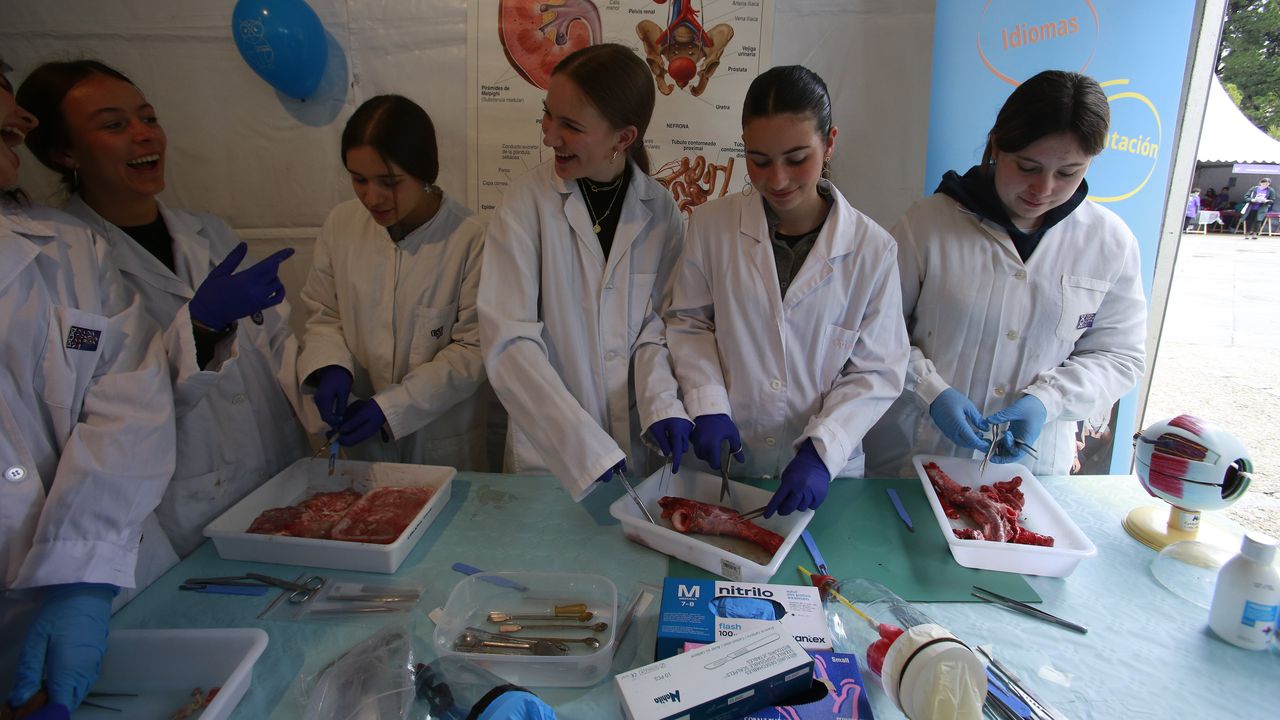Science and the technology produced with it became, as Francis Fukuyama already pointed out at the beginning of this century, the primary engine of history, which is why he realized that there could be no end to history as long as science continued to make it. The perception of the impact that scientific development has had on our lives is quite evident to everyone today, and is especially intense among members of generations that watched what the world was like before personal computers or the eradication of smallpox. However, it is not an exaggeration to say that the public image of science remains entrenched in stereotypes that do not fit the way it really works; Stereotypes that, on some occasions, scientists also contribute to spreading. This means that the task of popularizing science that focuses not only on great discoveries and experiments, but also on the way in which science is produced has become absolutely necessary.
Three topics in particular have become fixed and must be reviewed: that science provides us with confirmed and proven knowledge, that it does so thanks to a special method called the ‘scientific method’, and that by following this method it achieves access to free knowledge. Of alien values and no special interest. There are those who believe that the preservation of these subjects is necessary to defend science from the onslaught of its enemies, which seems to have spread in recent years at the hands of irrational doctrines and denials. I think, on the contrary, that this image, through simplification, weakens it before them.
First of all, although the idea of error championed by Karl Popper in the second half of the last century has been widely accepted, it is either uncritically assumed or ignored, in which case what science can offer is distorted by Cognitive point of view. Popper argued that in science we can never say that we have found a conclusive truth, because even our best theories can someday be refuted. So he believed that science was a set of hypotheses that were always tentative and, in fact, false, only that we still did not know how to detect this falsehood. However, many philosophers of science find this radical sin excessive. There are ideas that were once considered risky theories or hypotheses that are now so well established that they are, at least in some respects, indisputable truths, such as that human beings are products of biological evolution, that the structure of DNA is a double helix, these emit Energy is absorbed in discrete quantities or that the continents are moving.
Now, not all science can make this assertion. Popper was correct in emphasizing uncertainty and temporality in evolving fields of research, where proposals are still tentative and problems present particular theoretical (as in knowledge about the structure of the universe) or practical (as in the control of a newly emerging virus) difficulty. It makes no sense to demand certainty from science in such cases, as happened, by the way, at the beginning of the Covid pandemic. It suffices that it furnishes us with provisional answers, but they are better for argument and contrast than those which can be given outside of it.
Secondly, it is customary to resort to the existence of a scientific method common to all sciences of the origin of modern science, and which would be a guarantee of the knowledge gained. This idea of a method (statement of a problem, development of hypotheses that can answer it, experimental testing of hypotheses, acceptance, reformulation or deletion of hypotheses based on the results, etc.) ), but it lacks any practical function in research, and moreover, in this general form, it describes a procedure also used outside of science. What allows science to obtain interesting and valuable results are the various concrete methodologies used by scientists in each field, which can be very different from each other, and which are refined over time. In the words of Lee MacIntyre, science is not characterized by a method, but rather by the institutional maintenance of a critical attitude that allows constant review of proposals and facilitates the correction of errors. This critical difference is fundamental, because without it progress will stagnate, but it must also have some limitations, so that pseudoscientific criticism or ideological criticism remains outside.
Finally, the idea that objectivity should be sought, excluding any influence of values, is still common to the popular image of science. It is the old paradigm of value-free science, which gained strength in the second half of the last century and is still used by many specialists to judge whether or not a subject is thoroughly studied. However, there is a lot to qualify here. For decades (Kuhn was one of the first) the importance of epistemological values in science (truth, accuracy, fecundity, testability, simplicity, predictive power, etc.) has been known. No one denies that these values play a central role in its crystallization. The ideal of a value-free science, then, is redirected to the maintenance that values should be the only ones involved and, therefore, that non-cognitive values should be excluded.
But even non-epistemological values (moral, social, economic, hygienic, utilitarian, ecological, etc.) should not be seen as factors alien to science itself and disturbing its development, but rather are, in fact, often constituting elements of science. your practice. And this applies not only to the social sciences, but also to the natural sciences, at least in some areas. Determining the ecological course of a river, for example, is an issue in which non-epistemic values play an important role. Objectivity in science is not achieved by excluding values from it, which is impossible, but by allowing them to influence where they should. No one will object to the researcher choosing the subject of the study because they consider it more relevant than others in accordance with their political, religious or moral beliefs, while it would be unacceptable for them to claim that the result of the experiment is correct or that the hypothesis is true only because it agrees with some of these beliefs. This importance of values is evident when, for example, the harm that a potential error can cause to people is great. In such a case, it would be advisable to raise the testing standards. This is the norm in science and is permissible. Proof of safety controls are more stringent than those used in cosmetics. Values matter.


/cloudfront-us-east-1.images.arcpublishing.com/eluniverso/ZHT3NFYA2BFMFDHOGERE3EWDBY.jpg)


